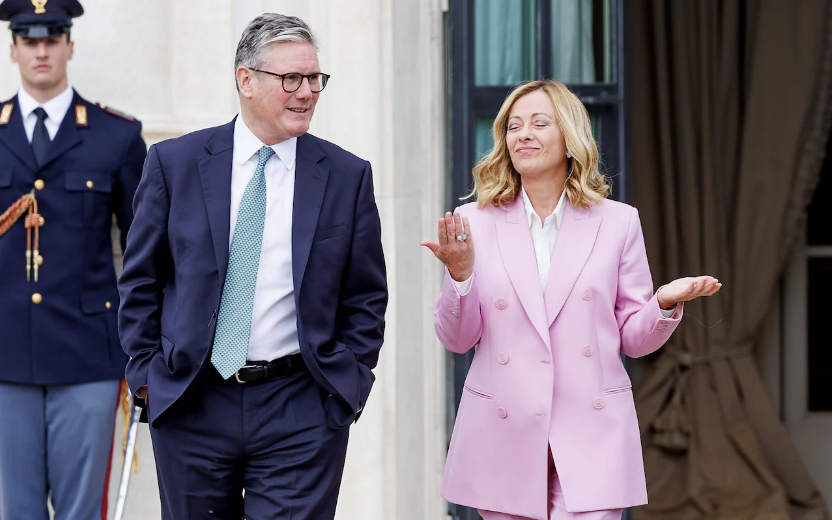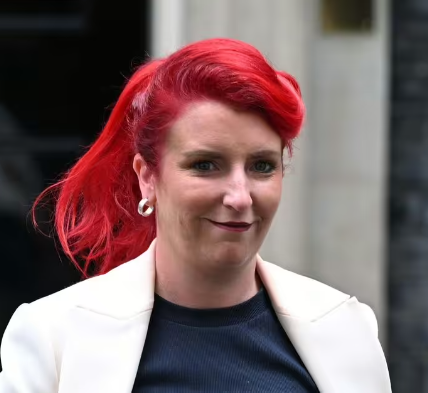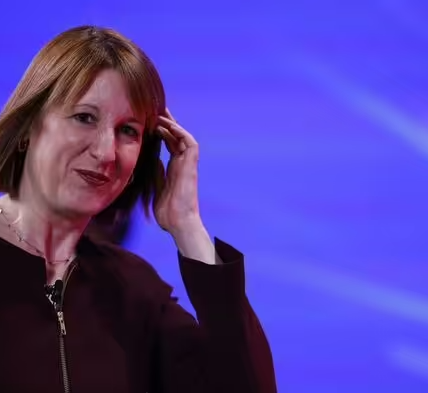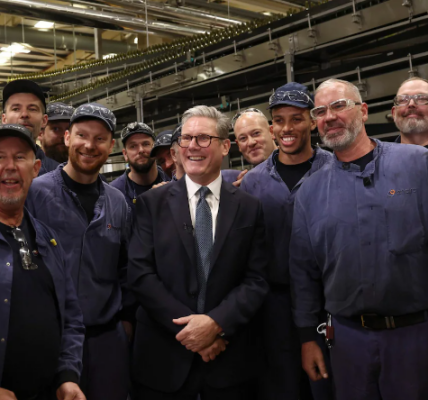Some Labourites may see a hard-right populist but the British PM has an eye on the immigration policies of an all
Keir Starmer will be under no illusions at the level of discomfort some in his party may have felt at the sight of their leader smiling and joking with Giorgia Meloni as they strolled through the gardens of the Villa Doria Pamphili on his trip to Rome on Monday.
The Italian prime minister’s brand of hard-right populism is far out of the comfort zone of many Labour MPs, and even though she governs, for the most part, from the centre-right, they are unable to shrug off her party’s neo-fascist roots.

The two leaders have met before and while they may not have the cosy relationship that existed between Meloni – who former Downing Street aides revealed would drink Aperol spritzes and smoke cigarettes in meetings – and Rishi Sunak they appeared relaxed in one other’s company.
The relationship between the two countries matters to the UK. So it does to Starmer. At the ornate 17th-century villa, he told reporters there was a “very simple reason” he had come, which was because Italy was “a leader in Europe on the world stage, as a G7 economy and a Nato ally”.
Italy is a major economic power – as underlined by Starmer’s announcement of almost £500m investment in the UK by two Italian companies – and good trading links will help his government’s growth ambitions.

Meloni is also a robust ally on Ukraine at a time when other far-right leaders in Europe, including Marine Le Pen in France and Viktor Orbán in Hungary have suggested the west should step back from the conflict.
And, as part of the joint venture to manufacture Storm Shadow long-range missiles, Italy would – along with the US, UK and France – have to sign off any change to allow them to be used to hit targets in Russia.
But the principal reason for Starmer’s visit, was to see up close how Meloni’s government has cut the number of people arriving in dinghies across the Mediterranean by almost two-thirds in the past year, from 118,000 to 44,500.
At the press conference, Meloni suggested he was particularly interested in Italy’s deal with Tirana, under which irregular migrants who entered Italy would be processed in Albania, with those granted asylum returning.
David Lammy, the foreign secretary, had hinted as much at the weekend. “Of course, because it’s reduced the numbers, we are interested in discussing with Italy the schemes they’ve developed, not just with Albania but upstream schemes with Syria and Libya as well.”
But Starmer indicated he would focus on looking at “upstream” issues, including how governments could prevent people from leaving their countries in the first place, rather than trying to deal with them once they were already making the perilous journey across the sea.
With irregular immigration such a hot political issue at home, Downing Street is prepared to look almost anywhere for solutions, even though it knows that it will dismay some on the left, and worry human rights and refugee groups.
They have already warned Labour ministers against following suit by “offloading” their responsibilities towards migrants on to other countries, be it Albania or Rwanda.
While Meloni brushed aside humanitarian concerns about her country’s deal with Albania as “completely groundless”, saying that migrants sent there would be dealt with under Italian law, the backdrop will heighten concerns in the UK.
Prosecutors in Italy are currently seeking a six-year jail term for Meloni’s deputy, Matteo Salvini, over a decision in August 2019 to stop a migrant boat from docking.
Starmer’s government has been prepared to accept criticisms from those on the left of his party over immigration, mindful that the issue remains a key electoral battleground in seats recently won from the Tories.
Yet a failure to reduce the numbers of people crossing the Channel will only increase the pressure internally to provide safe routes for refugees so they no longer have to put their lives at risk.
In Italy, he argued that his exploration of Italy’s tough approach to the issue was simply British pragmatism. “We are pragmatists, first and foremost,” he told reporters.
“When we see a challenge, we discuss with our friends and allies the different approaches that are being taken, look at what works, and that’s the approach that we’ve taken today. And it’s been a very productive day.”



